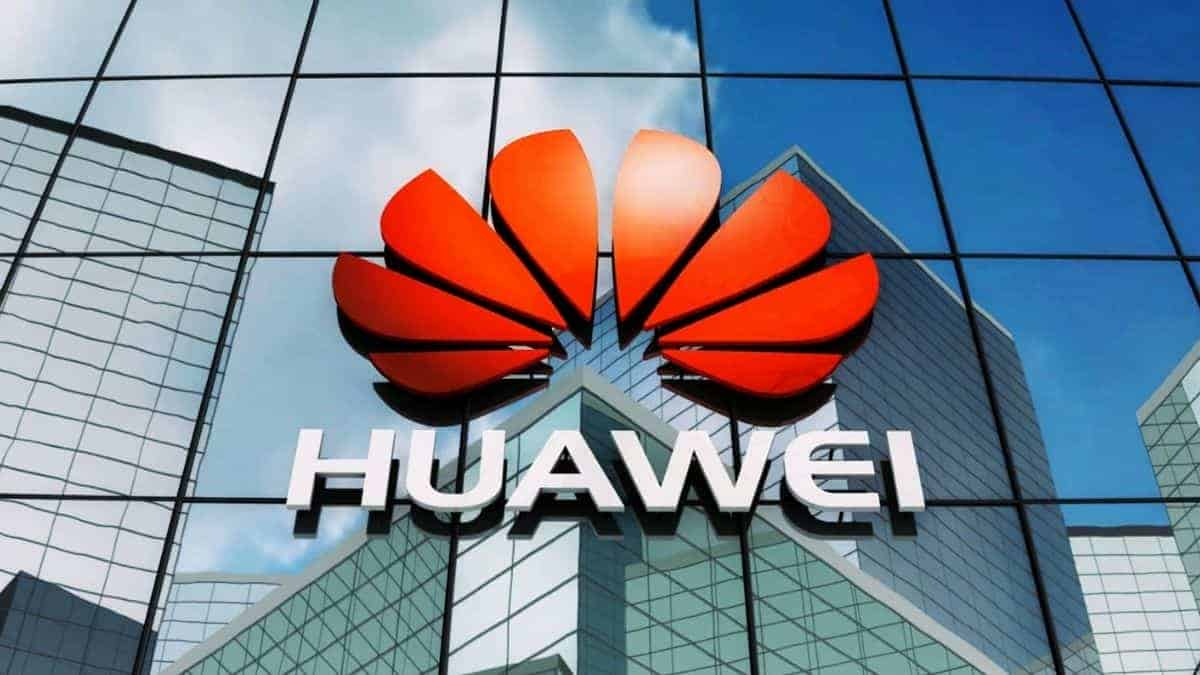Huawei on target list of Sanctions if it supports Russia in telecommunication

When Western sanctions were imposed on Russia following its annexation of Crimea, President Vladimir Putin turned to Huawei to repair and enhance the territory’s communication infrastructure. Despite the possibility of additional penalties from Washington, the controversial Chinese technology company is now poised to assist the Putin administration on a much wider scale.
According to Hosuk Lee-Makiyama, a telecoms analyst at the European Centre for International Political Economy, Russia “pulled out western telecom gear in the heavily militarised zone and replaced it with Huawei and ZTE” in Crimea. If Nokia and Ericsson leave Russia completely, Moscow will “require Chinese enterprises more than before, especially Huawei,” he warned.
Despite an initial drop in phone shipments, Huawei has emerged as an early winner from the Ukraine conflict. According to analysts at MTS, Russia’s largest mobile operator, its phone sales in Russia increased by 300 percent in the first two weeks of March, while other Chinese companies Oppo and Vivo also had triple-digit sales gains.
Its four Russian research centres are looking to hire dozens of experts, including machine learning scientists in Novosibirsk, speech recognition researchers in St. Petersburg, and big data analysts in Nizhny Novgorod. According to its website, Huawei has also established additional sales and business development positions in Moscow since the assault of Ukraine began.
However, analysts warn that Chinese tech firms such as Huawei and challenger Xiaomi risk breaking sanctions if they continue to ship phones and telecoms equipment to Russia. They require Washington’s approval since the devices frequently contain high-end transistors or are manufactured with US tools, rendering them subject to fresh penalties against Moscow.
More penalties from Washington, such as Trump’s order barring ZTE from accessing any technology connected to the US, might be imposed on Huawei, dealing another major damage to the Chinese company’s operations.
“My guess is that [Huawei and other Chinese phonemakers] will be unable to ship legally to Russia,” said Kevin Wolf, a former Commerce Department official and sanctions specialist.
“It is theoretically plausible that [Huawei] has figured out how to build a cell or base station without using US tools, software, and so on.” But it’s difficult to suppose they’d be able to locate all of the [semiconductors] that weren’t manufactured with US tools.”
Since American sanctions imposed by the Trump administration cut off its access to semiconductors, Huawei has been attempting to wean itself from the US semiconductor supply chain. Guo Ping, the business’s rotating chair, told reporters on Monday that the company was depending on a chip stockpile. He went on to say that Huawei was working on redesigning goods to avoid the US supply chain by extracting equal performance from less advanced CPUs.
The sanctions have had the greatest impact on Huawei’s chip-heavy smartphone industry, which saw its consumer product revenue drop by 50% last year, according to the company. Last year, Huawei’s total revenue decreased 29% year on year to Rmb636.8 billion ($100 billion), despite approximately flat sales in its telecoms and enterprise business areas.
Meng Wanzhou, Huawei’s heir apparent, just returned to China after nearly three years in jail in Canada for alleged violations of Iran sanctions, said Huawei teams “had been under a lot of pressure over the past few years.”
“This has brought us closer together and clarified our plan,” she said.
Russia need Huawei. Apple and Samsung’s exit has opened up half of the smartphone market, while Ericsson and Nokia’s suspension of their Russia operations has created a void in the supply of telecoms equipment for broadband and mobile network infrastructure that will need to be maintained and eventually improved.
More than two decades ago, Russia was Huawei’s first push into foreign markets, and sanctions have reinforced the relationship, with Huawei finding a willing customer of network equipment that is increasingly rejected in western capitals, as well as a large reservoir of engineering expertise. As with Crimea, Russia turned to Huawei when it needed a trusted company to supply the hardware backbone of Mir, a new sanction-proof national payment system.
According to analysts, Huawei has already won a large percentage of the contracts to build 4G and 5G networks in Russia. According to market research firm Dell’Oro, Huawei and Chinese rival ZTE hold around 40 to 60% of the wireless network equipment market in Russia, with Nokia and Ericsson accounting for the majority of the rest.
Sharing sanction-proofing projects with Russia, such as the Harmony operating system Huawei built after losing access to Google Mobile Services, could provide opportunities for Huawei.
Last week, Vladimir Puzanov, CEO of Russian phonemaker BQ, informed Russian media that the business was considering implementing HarmonyOS on new products. Huawei stated that it has no intentions to “launch or promote HarmonyOS outside of China” at this time.
“Huawei has a large share of the Russian market… and the present sanctions are already like a 200-pound weight on their head, so what’s the big deal about adding 20 pounds?” Yang Guang, a Beijing-based analyst at technology consultancy Strategy Analytics, agreed. “However, as a business, they will most likely wait and watch for the time being.”
Huawei is being intensively monitored by the US government. Matthew Borman, a US Department of Commerce export officer, warned Chinese companies on Tuesday with a “total prohibition [of] not only commerce but any transaction” or possibly “a denial order… like the one we put on ZTE” if they evaded Russian sanctions.
Borman claimed that Washington had provided a large number of export licences to international vendors so that they could continue to sell to Huawei, but that those licences may be cancelled.
Guo, Huawei’s CEO, said the new measures were being “seriously evaluated.” Huawei remained tight-lipped when asked about its aspirations in Russia.


